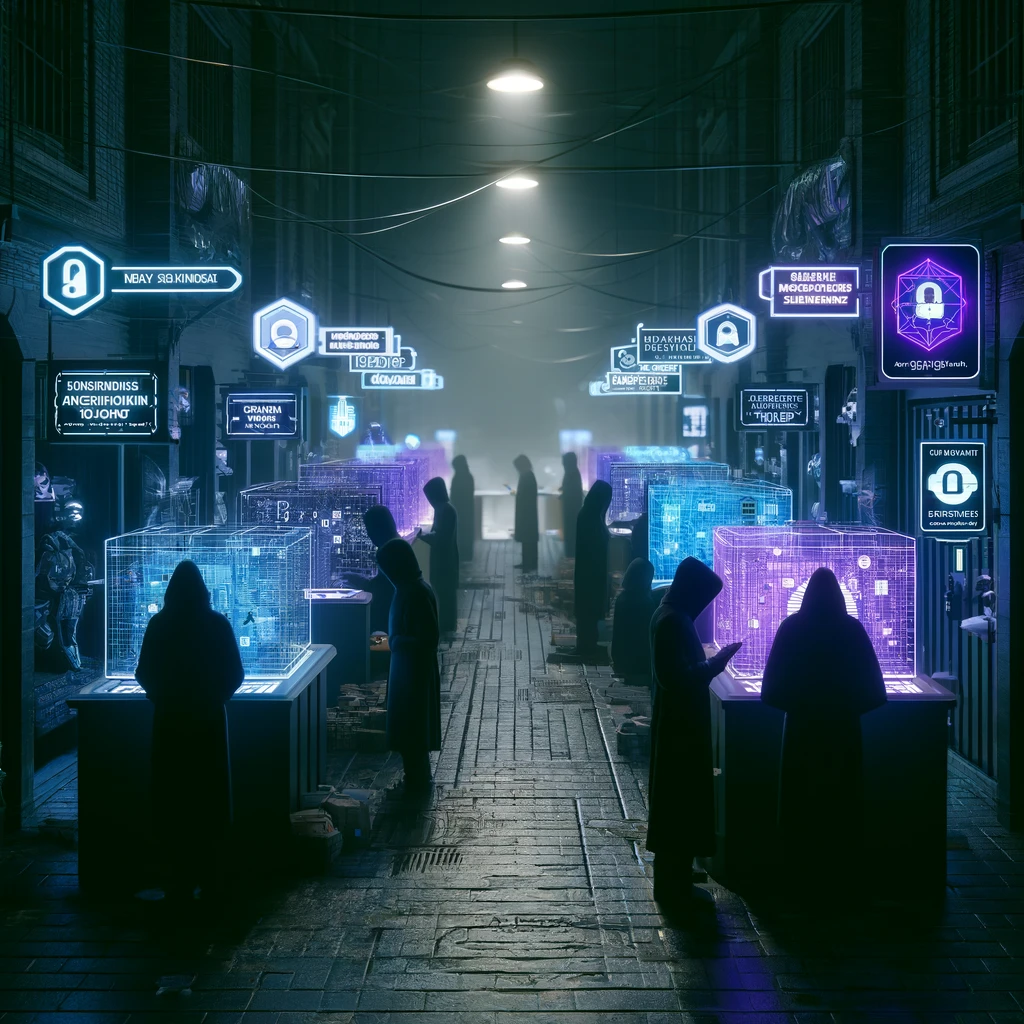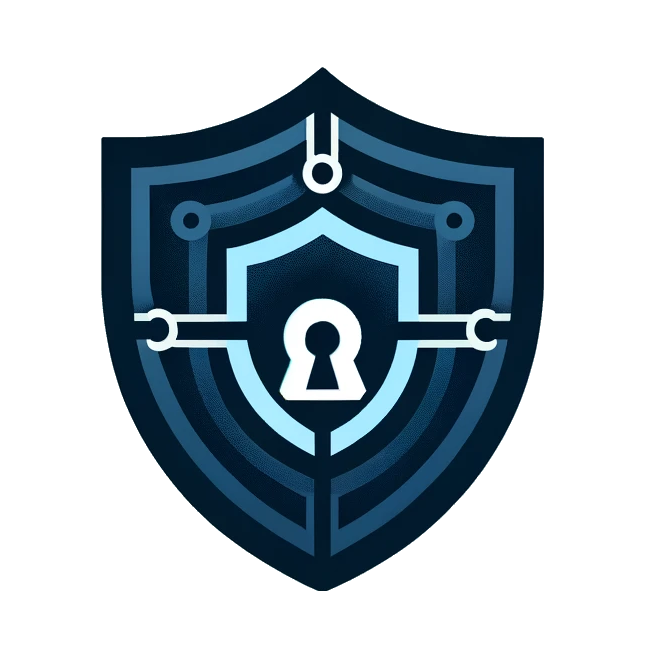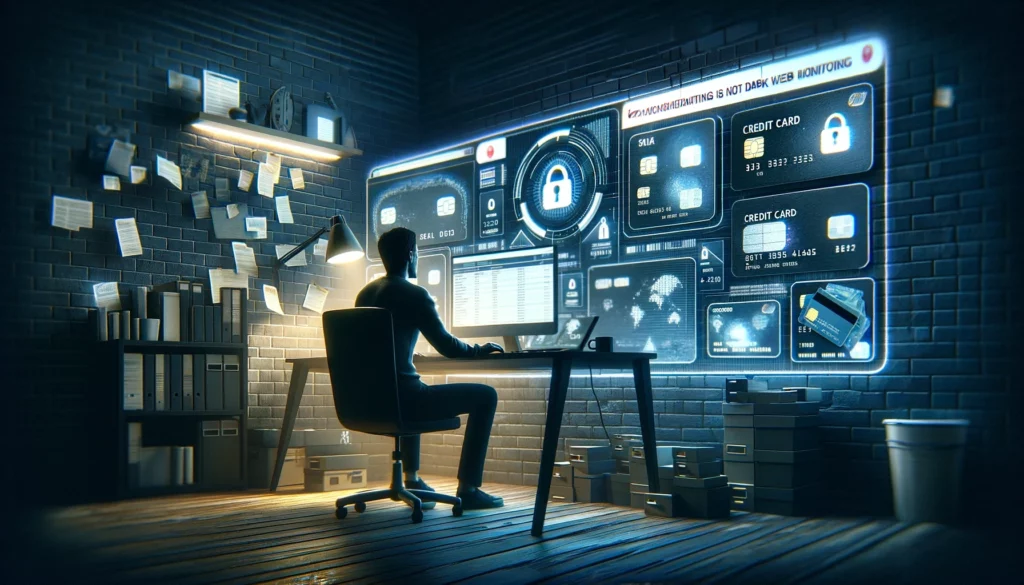
Beneath the surface of the visible internet lies a hidden network teeming with clandestine activities and covert exchanges. In this digital underworld, cybercriminals operate with impunity, trading in a currency of stolen data and illicit goods. From personal identities to classified government documents, the dark web harbors a wealth of vulnerabilities that pose significant threats to individuals, businesses, and governments alike. Sensitive information that can be leaked on the dark web varies widely, encompassing personal, financial, and even governmental data.
Some common types of sensitive information include:
| Type of Information | Description |
|---|---|
| Personal Identifiable Information (PII) | This includes names, addresses, phone numbers, social security numbers, birthdates, and other data that can be used for identity theft. |
| Financial Information | Credit card numbers, bank account details, and financial records are highly sought after by cybercriminals for fraudulent activities such as unauthorized transactions and identity theft. |
| Healthcare Records | Medical records containing sensitive patient information, including diagnoses, treatments, and insurance details, can be valuable for identity theft, insurance fraud, and blackmail. |
| Login Credentials | Usernames, email addresses, and passwords for various online accounts are frequently sold on the dark web. These credentials can be used for unauthorized access to personal or corporate accounts. |
| Intellectual Property | Trade secrets, proprietary information, and copyrighted content may be stolen and sold on the dark web, posing significant risks to businesses and individuals. |
| Government Data | Classified documents, sensitive government records, and information pertaining to national security may be leaked on the dark web, potentially leading to espionage or other security breaches. |
| Communication Intercepts | Intercepted communications, including emails, chat logs, and phone conversations, may be leaked on the dark web, compromising privacy and confidentiality. |
| Identity Documents | Passports, driver’s licenses, and other forms of identification are frequently forged and sold on the dark web, enabling criminals to assume false identities or commit various fraudulent activities. |
| Legal Documents | Legal transactions and agreements, including contracts, deeds, wills, court orders, and settlement agreements. |
| Educational Records | Transcripts, grades, standardized test scores, attendance records, disciplinary reports, and other data related to a student. |
Overall, the types of sensitive information leaked on the dark web are diverse and can have serious implications for individuals, businesses, and governments alike. It underscores the importance of robust cybersecurity measures and proactive efforts to combat cybercrime and data breaches. By understanding the inner workings of the dark web and the types of information at risk, we empower ourselves to fortify defenses, safeguard personal data, and combat cybercrime effectively.

Penetra Cybersecurity is at the forefront of defending the digital frontier, providing cutting-edge solutions to protect businesses and organizations from the ever-evolving threats of the cyber world. Established with a mission to create a safer internet for everyone, Penetra leverages a blend of advanced technology, expert knowledge, and proactive strategies to stay ahead of cybercriminals.
Ready to take the next step towards a more secure future? Schedule a consultation with us today and discover how we can help protect what matters most to you. Don’t wait until it’s too late—with Penetra Cybersecurity, your business isn’t just secure; it’s imPenetrable.




